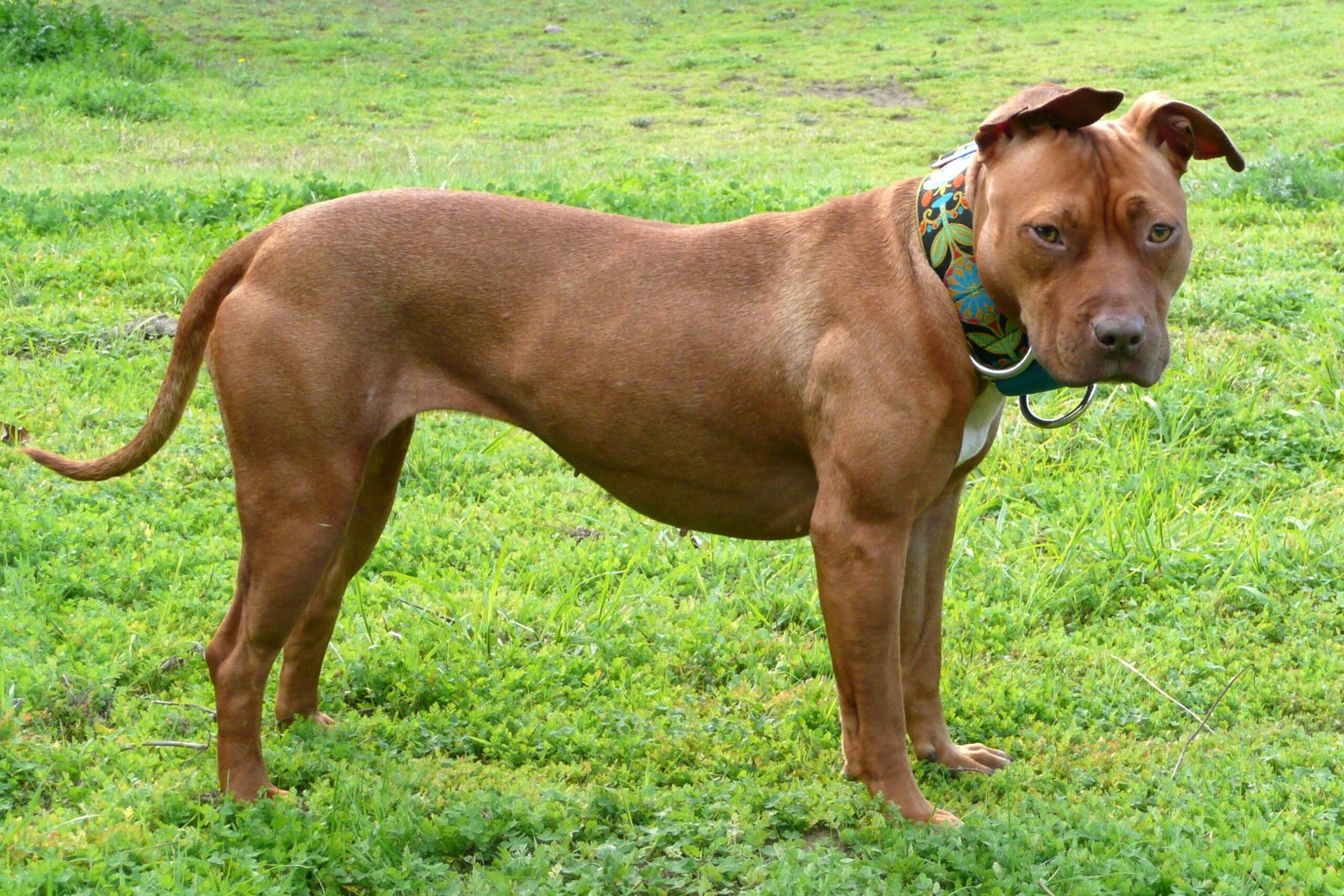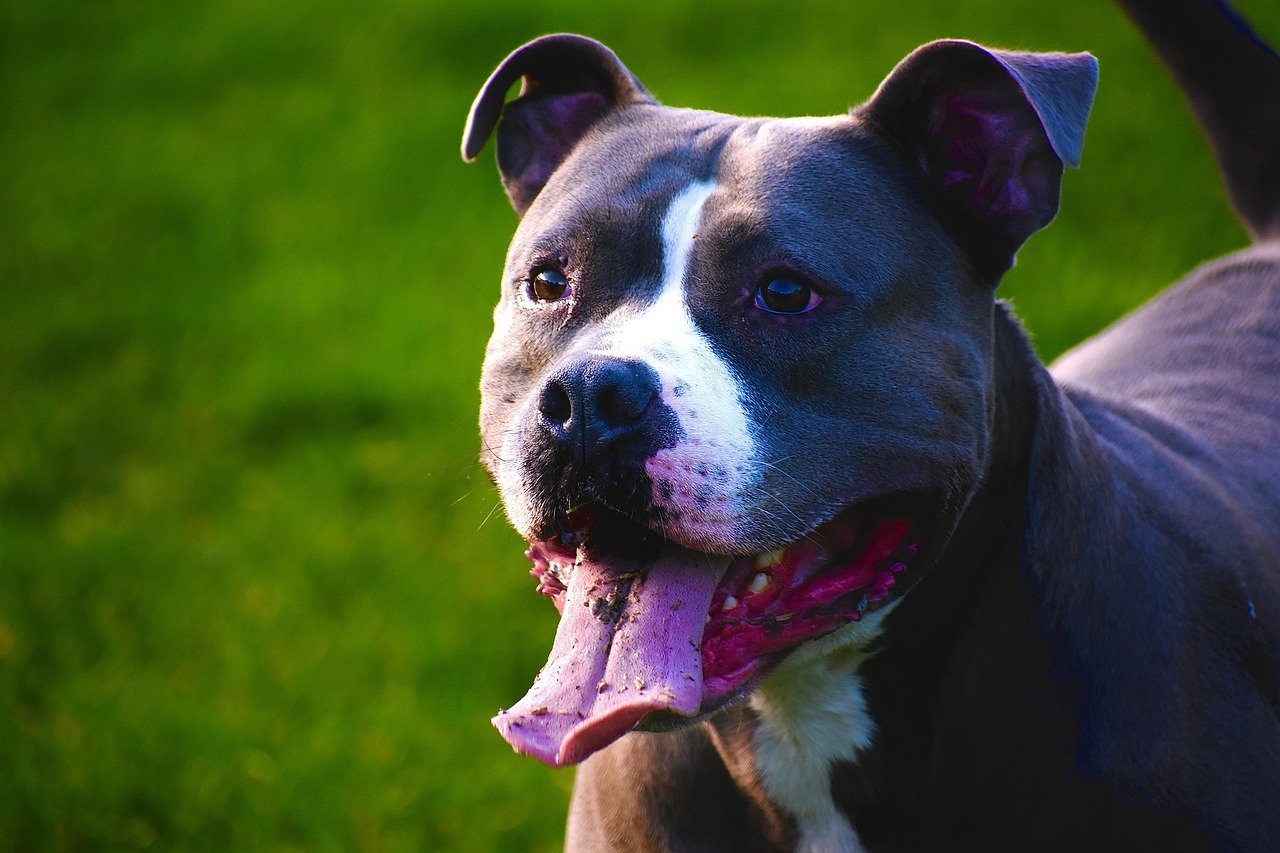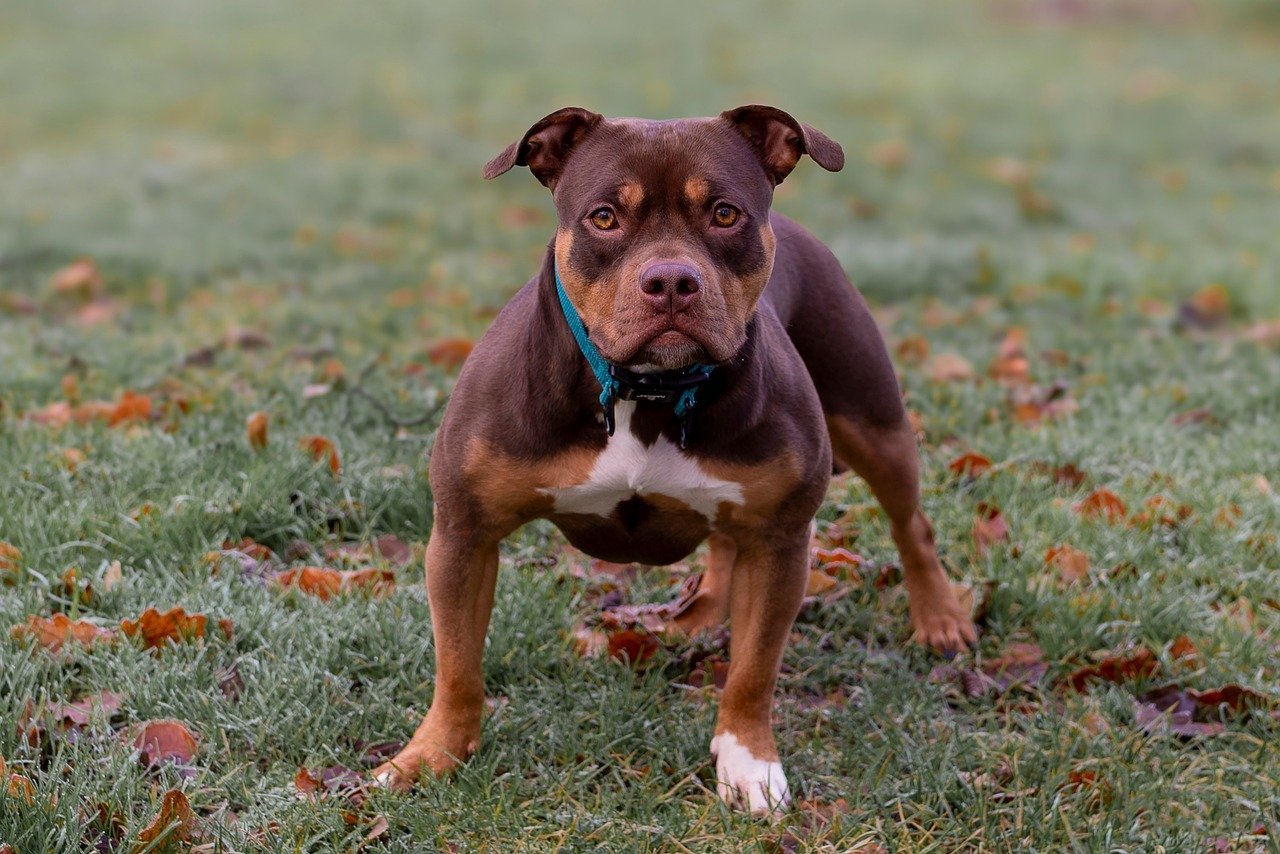American Pitbulls often get a bad rap, but so much of what people believe about them just isn’t true. These dogs are actually known for their loyalty, affection, and goofy personalities when raised in a loving environment. Despite the myths, Pitbulls aren’t naturally aggressive—they’re just strong, energetic, and incredibly eager to please. Many misunderstand their behavior or judge them based on outdated stereotypes. Let’s bust some common myths and take a fresh look at what makes the American Pitbull such an amazing companion.
Pitbulls Are Not a Single Breed

One of the most common misconceptions is that “Pitbull” refers to a single, specific breed. In reality, the term “Pitbull” is used to describe several breeds. These typically include the American Pit Bull Terrier, American Staffordshire Terrier, Staffordshire Bull Terrier, and sometimes even mixes of these breeds. It’s like using the term “retriever” for both Labradors and Golden Retrievers—they have similarities, but they’re not the same. This confusion often leads to mistaken identity, especially in shelters and news reports. When people hear “Pitbull,” they might imagine one dog, but in truth, they could be referring to a variety of dogs with their own personalities and traits. Because of this, many dogs are mislabeled, which can affect their chances of finding a home or facing breed restrictions.
Pitbulls Are Not Naturally Aggressive

Aggression is perhaps the most damaging and persistent myth about Pitbulls. People often believe these dogs are naturally mean or dangerous, but research and countless real-life stories show otherwise. Like any other breed, a Pitbull’s temperament is shaped by its upbringing, training, and environment. In fact, when properly socialized and loved, Pitbulls are known for their loyalty and affection. It’s important to remember that aggression is not tied to breed alone—any dog, regardless of breed, can show aggression if neglected, abused, or trained to be hostile. The sad reality is, Pitbulls are often victims of circumstances beyond their control, not villains by nature.
Pitbulls Score High on Temperament Tests
Although many people assume Pitbulls are dangerous, statistics tell a different story. Organizations that conduct temperament testing on various breeds, such as measuring reactions to strangers, noises, and new situations, have found that Pitbulls consistently score above average. In fact, their scores are often better than breeds considered “family friendly,” like Golden Retrievers or Beagles. This means that, when tested for friendliness and adaptability, Pitbulls generally pass with flying colors. These surprising results challenge the negative stereotypes and prove that, with the right care and socialization, Pitbulls can be stable, gentle companions.
Pitbulls Were Once America’s Favorite Family Pet
It might shock you to learn that Pitbulls were once the darling of American families. In the early 1900s, these dogs were known as “nanny dogs” because of their gentle nature with children. They were featured in advertisements, movies, and even served as mascots during wartime. The famous dog from “The Little Rascals,” named Petey, was a Pitbull, and he charmed audiences with his loyalty and playfulness. This loving reputation only shifted in recent decades, largely due to negative media portrayals and misuse by irresponsible owners. The truth is, for much of U.S. history, Pitbulls were beloved symbols of courage and companionship.
Pitbulls Do Not Have “Locking Jaws”
One of the most persistent myths is that Pitbulls have a special jaw mechanism that “locks” when they bite. This rumor is not only false but completely unsupported by science. Veterinarians and animal experts have studied the anatomy of Pitbulls and found their jaws are no different from any other dog breed. The idea of a “locking jaw” is a scary story that has been passed along without any evidence. While Pitbulls are strong and determined, they have no unique ability to lock their jaws. What they do have is a strong will and loyalty, not a super-powered bite.
Pitbulls Are Not the Top Biters
Whenever there’s a dog bite incident in the news, Pitbulls often take the blame. However, studies have shown that other breeds are just as likely, if not more so, to bite. The problem is that any muscular, short-haired dog involved in a biting incident is often labeled as a “Pitbull,” whether or not it really is one. This misidentification skews the statistics and unfairly targets Pitbulls. In truth, many bites come from breeds that don’t have the same notoriety. Responsible pet ownership and proper training are the real keys to preventing dog bites, regardless of breed.
Pitbulls Are Highly Trainable and Eager to Please
Some believe that Pitbulls are stubborn or hard to train, but the opposite is true. Pitbulls are incredibly intelligent and eager to make their owners happy. With consistent, positive reinforcement and early socialization, they can learn commands, tricks, and even excel in dog sports. In fact, many Pitbulls serve as therapy, search and rescue, and service dogs. Their intelligence and desire to bond with humans make them natural learners. The key is to provide them with love, patience, and clear guidance—just like any other dog.
Pitbulls Are Not Naturally Dog-Aggressive
Another common misunderstanding is that Pitbulls are inherently aggressive toward other dogs. While some individuals may show dog-aggression (as can dogs of any breed), this is not a universal trait. Dog aggression can stem from lack of socialization, poor breeding, or negative experiences—not just genetics. Many Pitbulls live happily in homes with other dogs and pets. Early socialization, training, and responsible ownership are crucial in helping any dog, including Pitbulls, get along with others.
Pitbulls Need More Than Just Physical Exercise
People often think Pitbulls are only interested in running and roughhousing, but they also need mental challenges. These dogs are smart and get bored easily, so training sessions, puzzle toys, and new experiences are just as important as walks or playtime. Boredom can lead to destructive behavior in any intelligent breed, and Pitbulls are no exception. Engaging their minds keeps them happy, well-behaved, and less likely to develop bad habits. Whether it’s learning a new trick or exploring a new park, Pitbulls thrive on variety and stimulation.
Pitbulls Can Be Wonderful Family Dogs
Despite the negative stories, countless families will tell you their Pitbull is the most loving, gentle member of the household. With proper care, training, and supervision, Pitbulls can form deep bonds with both adults and children. They are often described as playful, goofy, and fiercely loyal. It’s important, as with any dog, to teach children how to interact respectfully. When given the chance, Pitbulls repay their families with endless affection, protection, and joy. Their capacity for love is as strong as any breed—if not stronger.
Conclusion: Pitbulls Deserve a Fair Chance

Many people are surprised to learn how many myths surround the American Pitbull, leading to unfair treatment and even bans in some places. When we look past the rumors and get to know these dogs, a different picture emerges—one of loyalty, intelligence, and heart. The real tragedy is how often Pitbulls are judged before they’re understood. With education and compassion, we can change their story for the better. Would you have guessed all this about the American Pitbull?
When it comes to Pitbulls, the truth is they’re often misunderstood and unfairly judged. With the right care, training, and love, they can be some of the most loyal, affectionate, and well-behaved dogs you’ll ever meet. Shedding the stereotypes helps us see them for who they really are—goofy, gentle, and full of heart. If you give a Pitbull a chance, they just might change your mind—and your life.
Jen is a passionate nature lover and ocean conservationist. She has dedicated her life to protecting the environment and preserving the beauty of the natural world. Growing up in a small coastal town, Jen sincerely appreciated the ocean and its inhabitants. She has spent countless hours exploring the shoreline, learning about the creatures that inhabit the waters, and advocating for their protection. Jen is an active member of ocean conservation organizations, and she is committed to educating the public about the importance of conserving wildlife and the natural environment.





